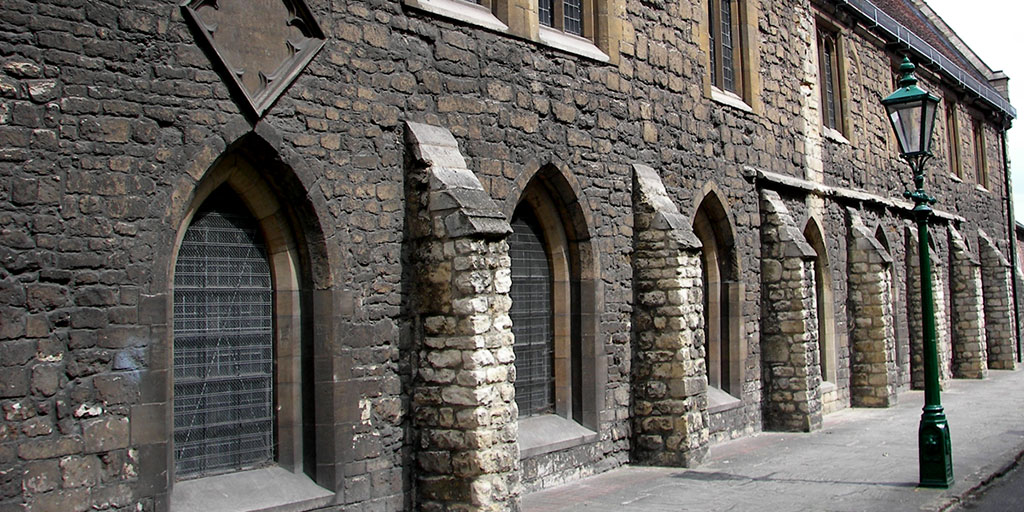New Zealand comedy act The Boy With Tape on His Face, also known as Sam Wills, is bringing his unique silent prop comedy to the Lincoln Drill Hall later this month. The Lincolnite spoke with him about why he turned to tape, his TV series and surprises in his Lincoln show.
One of the obvious and most curious aspects of Sam’s show is the fact his puts a piece of masking tape across his face.
He said: “The reason I started putting a piece of tape across my face is that I got bored with my old style of show, which was a talking prop act with the usual tricks of me fitting my self through a tennis racket and hammering nails into my nose. It was really circus inspired.
“Though after a few years I got bored with that style and when my act won an award — which was a blessing and a curse — I realised people expected certain tricks from me. So I decided to change and do a non-talking show, something people wouldn’t expect.”
He believes that the theme of childhood has had a massive impact on the styling of his show.
“A lot of the inspiration comes from old Tim Burton films like Beeltejuice and Edward Scissor hands and playing the social outcast” He adds, “It also comes from my imagination of a child of turning everyday objects into something fun.”
Over the summer, BBC 3 aired a sketch show Sam Wills put together called The Tapeface Tapes, which combined sketches with stand-up.
Wills said: “It’s something were talking about more as TV is an interesting medium.
“I prefer not to do panel shows: it’s like grooming process for comics being on panel shows, and they’re always different live to how they seem on TV. The format I’d like to do is something quite interactive.”
On the subject of his live show, Sam explains that he wants to change the perception of audience participation.
“The best thing about the show is you can’t do any wrong. I always feel audience participation makes the audience feels degraded, but I aim to make them feel like the hero and have everyone behind them rooting for them. For me, that’s very rewarding.”
This isn’t Sam Wills’ first visit to Lincoln. He has visited in the past for Lincoln’s Comedy Festival both in 2010 and 2011. Of course, he won’t be letting his show go stale to regular comedy visitors, offering a new show with plenty of gags.
“What to expect from the show in Lincoln is that it’ll be bigger and louder then the last one. You’ll be guaranteed to see a gunfight, me fight Darth Vader and also bring John Lennon back to life!”
The Boy With Tape on His Face: More Tape will be at the Lincoln Drill on September 29, and tickets are still available.






